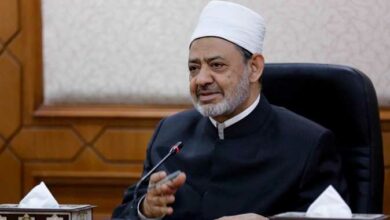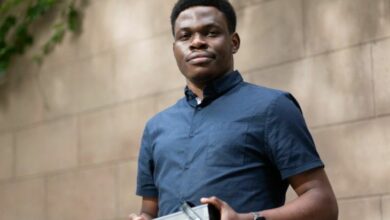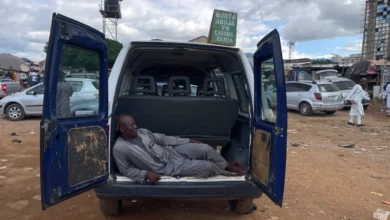Nigerian President Goodluck Jonathan said on Sunday that the violence blamed on Islamist group Boko Haram was worse than the country's 1960s civil war.
"The situation we have in our hands is even worse than the civil war that we fought," Jonathan said at a church service, referring to Nigeria's 1967-70 civil war that killed more than a million people.
The death toll linked to violence blamed on the Islamist group has not reached anywhere near that level, but Jonathan cited the unpredictability and pervasiveness of the threat.
"During the civil war, we knew and we could even predict where the enemy was coming from … But the challenge we have today is more complicated."
Describing the extent of the problem, he said Boko Haram members and sympathizers could be found throughout society.
"I remember when I had a meeting with elders from the northeast and some parts of the northwest where the Boko Haram phenomenon is more prevalent," he said.
"Somebody said that the situation is bad, that even if one's son is a member, one will not even know. That means that if the person will plant a bomb behind your house, you won't know."
He added that "some of them are in the executive arm of government, some of them are in the parliamentary/legislative arm of government, while some of them are even in the judiciary.
"Some are also in the armed forces, the police and other security agencies."
There has long been claims of political links to factions of Boko Haram, which has been blamed for intensifying violence that has killed hundreds, including attacks targeting Christians and churches in recent weeks.
But it was the first time Jonathan made the case publicly in such strong terms. His comments come with his government under mounting pressure to stop the violence and amid warnings from Christians that they will defend themselves.
Jonathan is also under huge pressure over a controversial government move that ended fuel subsidies on 1 January, causing petrol prices to double overnight. There have been increasingly volatile protests over the move and nationwide strikes are planned for Monday.
On Saturday, the head of Nigeria's Christians warned that attacks on the faithful suggest "religious cleansing" and compared it to the run-up to the civil war.
The violence blamed on Boko Haram has sparked fears of a wider religious conflict in a country whose 160 million population is roughly divided between a mainly Muslim north and predominantly Christian south.
Jonathan declared a state of emergency in hard hit areas on 31 December, but the violence, including gun and bomb attacks, has only continued and expanded into other locations.




